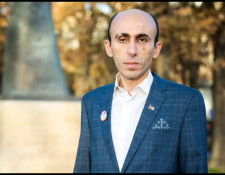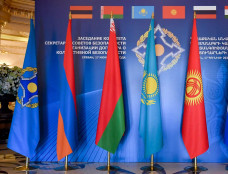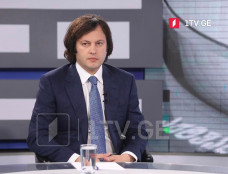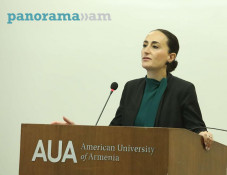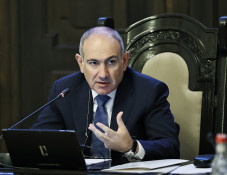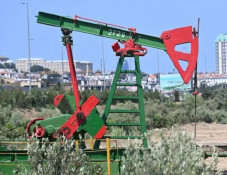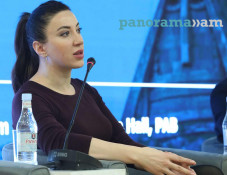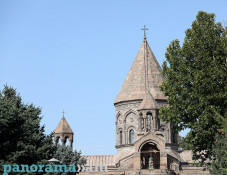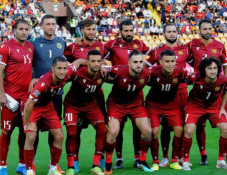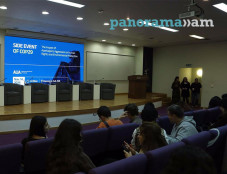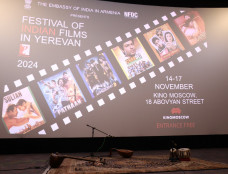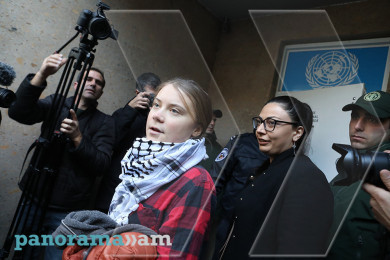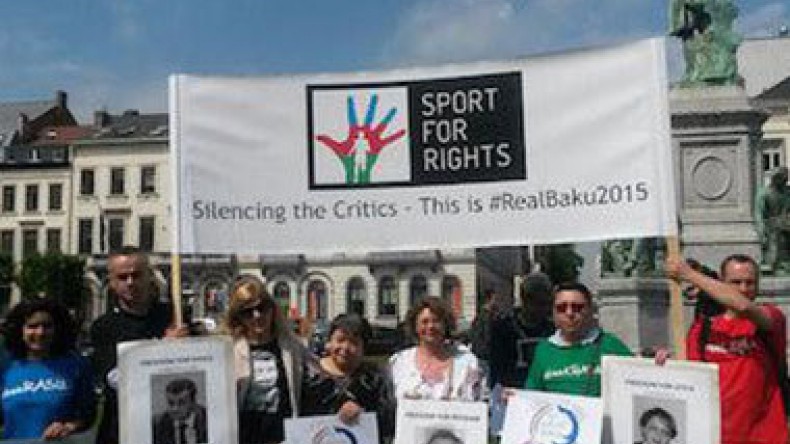
Open Democracy: Democratic NKR’s subordination to authoritarian Azerbaijan excluded
The growing incompatibility between the deteriorating democracy in Azerbaijan versus the developing democracy in Nagorno-Karabakh has become a reality, the Armenian Public Television correspondent in Washington D.C., Haykaram Nahapetyan, writes for Open Democracy.
The author writes about the Azerbaijani government's assault on liberties against the backdrop of the Nagorno-Karabakh conflict. On the fourth of July, while America celebrated Independence Day, OSCE representation in Baku ceased to exist, this becoming the last link in the chain of shutting down Western offices, including RFE/RL, Peace Corps, IREX, the National Democratic Institute (NDI), BBC and Voice of America. British Oxfam’s office to Baku faced criminal charges in May 2014, and in 2015, Humans Rights Watch expert Giorgi Gogia was barred from entry to Azerbaijan.
In June 2015, Baku hosted the European Games, the two-hour opening show of which cost twice as much as the London 2012 Olympic Games opening ceremony. Azerbaijani journalists and opposition activists, who could potentially have criticized the government, were jailed in the run up to the Games. Close to 40 journalists, bloggers and human rights activists were jailed in 2014. For the same reason, some international journalists were not allowed to cross the border of the country. Owen Gibson from The Guardian was one of them; he had earlier reported on corruption and the crackdown on civil liberties in Azerbaijan, Nahapetyan points.
The reason of these repressions is that Azerbaijan’s president Ilham Aliyev has become paranoid about a possible Arab Spring-type scenario in Azerbaijan. “To him, these institutions are instruments that may promote a revolution and threaten his rule,” Nahapetyan writes.
He reminds that apart from the worrying deterioration in human rights, there is another pressing issue that Azerbaijan currently faces: the Nagorno-Karabakh conflict. The problem of Nagorno-Karabakh dates back to the 1920s, when the Soviet dictator Joseph Stalin put this region, together with its 95% Armenian population and millennia old Christian-Armenian heritage, under Soviet Azerbaijan’s rule. When the U.S.S.R. began to crumble in 1988, the dispute resulted in a war between the Armenians and Azerbaijanis. The Nagorno-Karabakh Republic proclaimed independence in 1991 and a ceasefire was signed in 1994. The negotiations, conducted through the OSCE's Minsk Group, are still ongoing, however.
The author considers Azerbaijan’s attack on liberties to be damaging to the Nagorno-Karabakh peace process. “Firstly, the message that the international community hears from president Aliyev’s regime with regards to Nagorno-Karabakh is more war mongering than constructive dialog. RFE/RL was one of the few media outlets that was able to convey messages of peace but now this important channel has been blocked in Baku. Secondly, it is easier to advance conflict resolution with democratic rulers than with dictators,” he highlights.
Nahapetyan points out the fact that the people of Nagorno-Karabakh enjoy more liberties that those in Azerbaijan. Both VOA and RFE/RL continue to broadcast in Karabakh, and no journalist has ever been jailed there. The human rights organization Freedom House ranks NKR as “partially free,” while Azerbaijan has been identified as “not-free.”
“Nagorno-Karabakh’s exclusion of any subordination to Azerbaijani leadership is not only based on historical grievances, but also because the growing authoritarianism in Azerbaijan would threaten the advancing liberty in Nagorno-Karabakh,” Nahapetyan stresses.
Related:
British political scientist: Parliamentary elections in Nagorno Karabakh show that it is more democratic than Azerbaijan
MEP: Nagorno Karabakh demonstrates progress in democracy, while policy of Azerbaijan is aggressive
Newsfeed
Videos






